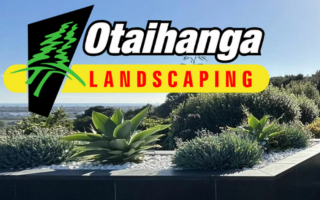Restoration of an historic oxbow on the Waikanae River has passed a milestone with the planting of 3,000 native plants this winter.
Most of the plants were grown and planted by Friends of the Waikanae River volunteers, following a $40,000 grant from the Department of Conservation’s Community Conservation Fund.
Kāpiti Council earlier completed stage one of the project by clearing the blocked channel of the old river meander on the north bank opposite Otaihanga Domain and removing pine and gum trees.
Greater Wellington Regional Council contributed by installing culverts and organising weed control through the Community Max programme.
“This project is a great example of Government agencies and community volunteers working together to restore a unique feature of our natural heritage,” said Kāpiti Coast District Council biodiversity advisor Rob Cross.
“By the end of next winter the Friends will have planted 6,000 native plants to restore the character of a beautiful natural amphitheatre sculpted by the old meander.”
Swamp forest species such as kahikatea, puketea and swamp maire are a feature of the plantings, along with hundreds of sedges and grasses.
“These species once dominated riparian wetlands such as the oxbow,” said Mr Cross. “Though nothing original remains in the river’s lower reaches, the project is putting some back.”
The oxbow was identified as a priority for restoration in “A Strategy for Restoring the Waikanae River Corridor’s Indigenous Ecological Values” prepared in 1999 by the ecologist Dr Geoff Park, who died last year.
“The oxbow project is an important step toward realising Geoff’s vision of restoring the ecology of the Waikanae River to link Kāpiti Island, the Marine Reserve, the Waikanae Estuary Scientific Reserve and the Tararua Ranges,” Rob Cross said.
People interested in supporting the oxbow project can contact Friends of the Waikanae River secretary Claudia Duncan on 06-364-3410.


































